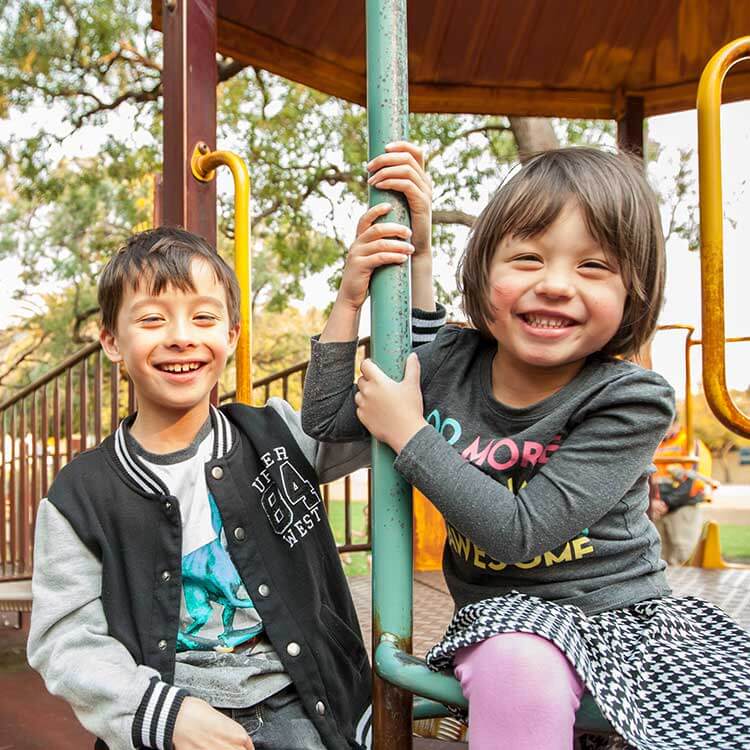Search
Research
The Platform trial In COVID-19 vaccine priming and BOOsting (PICOBOO) booster vaccination substudy protocolCoronavirus-2019 (COVID-19) vaccination in Australia commenced in February 2021. The first vaccines recommended for use were AZD1222 and BNT162b2, both delivered as a two-dose primary schedule. In the absence of sustained immunity following immunisation, recommendations for booster vaccination have followed. It is likely that periodic boosting will be necessary for at least some Australians, but it is unknown what the optimal booster vaccines and schedules are or for whom vaccination should be recommended.
Research
The Platform Trial In COVID-19 priming and BOOsting : The immunogenicity, reactogenicity, and safety of licensed COVID-19 vaccinations administered as a second booster in BNT162b2PICOBOO is a randomised, adaptive trial evaluating the immunogenicity, reactogenicity, and safety of COVID-19 booster strategies. Here, we present data for second boosters among individuals aged 18-<50 and 50-<70 years old primed with BNT162b2 until Day (D) 84.
Research
Predictors of hospital readmission in infants less than 3 months oldTo examine rates and predictors of 7-day readmission in infants hospitalised before 3 months of age with infectious and non-infectious conditions. A retrospective population-based data-linkage study of 121 854 infants from a 5-year metropolitan birth cohort (2008-2012). Cox proportional hazard models were used to examine associations between infant and maternal factors with 7-day readmission.
Research
Lack of effectiveness of 13-valent pneumococcal conjugate vaccination against pneumococcal carriage density in Papua New Guinean infantsPapua New Guinea (PNG) introduced the 13-valent pneumococcal conjugate vaccine (PCV13) in 2014, with administration at 1, 2, and 3 months of age. PCV13 has reduced or eliminated carriage of vaccine types in populations with low pneumococcal carriage prevalence, carriage density and serotype diversity.
Research
Effectiveness of nirsevimab in preventing RSV-hospitalisation among young children in Western Australia 2024Respiratory Syncytial Virus (RSV) causes a significant burden of illness for children under 2 years of age. Nirsevimab, a long-acting monoclonal antibody, was registered for RSV prevention in Australia in 2023. In April 2024, Western Australia (WA) launched the country's first state-wide nirsevimab program for all infants and high-risk children entering their second RSV season.
Research
Nasopharyngeal density of respiratory viruses in childhood pneumonia in a highly vaccinated setting: findings from a case-control studyDetection of pneumonia-causing respiratory viruses in the nasopharynx of asymptomatic children has made their actual contribution to pneumonia unclear. We compared nasopharyngeal viral density between children with and without pneumonia to understand if viral density could be used to diagnose pneumonia.

Research
Paediatric Active Enhanced Diseases Surveillance (PAEDS)PAEDS monitors for key vaccine preventable conditions and severe side effects from vaccine in 5 paediatric hospitals in Australia.
Research
Safety and Immunogenicity of Early Quadrivalent Influenza Vaccine: A phase 2prospective randomised open-label feasibility study (FluBub)Christopher Peter Blyth Richmond MBBS (Hons) DCH FRACP FRCPA PhD MBBS MRCP(UK) FRACP Centre Head, Wesfarmers Centre of Vaccines and Infectious
Research
Hospital admissions for skin infections among Western Australian children and adolescents from 1996 to 2012The objective of this study was to describe the occurrence of skin infection associated hospitalizations in children born in Western Australia (WA).
Research
Dedicated paediatric Outpatient Parenteral Antimicrobial Therapy medical support: a pre-post observational studyThe introduction of a formal medical team to Hospital in the Home (HiTH) demonstrated a positive clinical impact on Parenteral Antimicrobial Therapy (OPAT) patients' outcomes.
